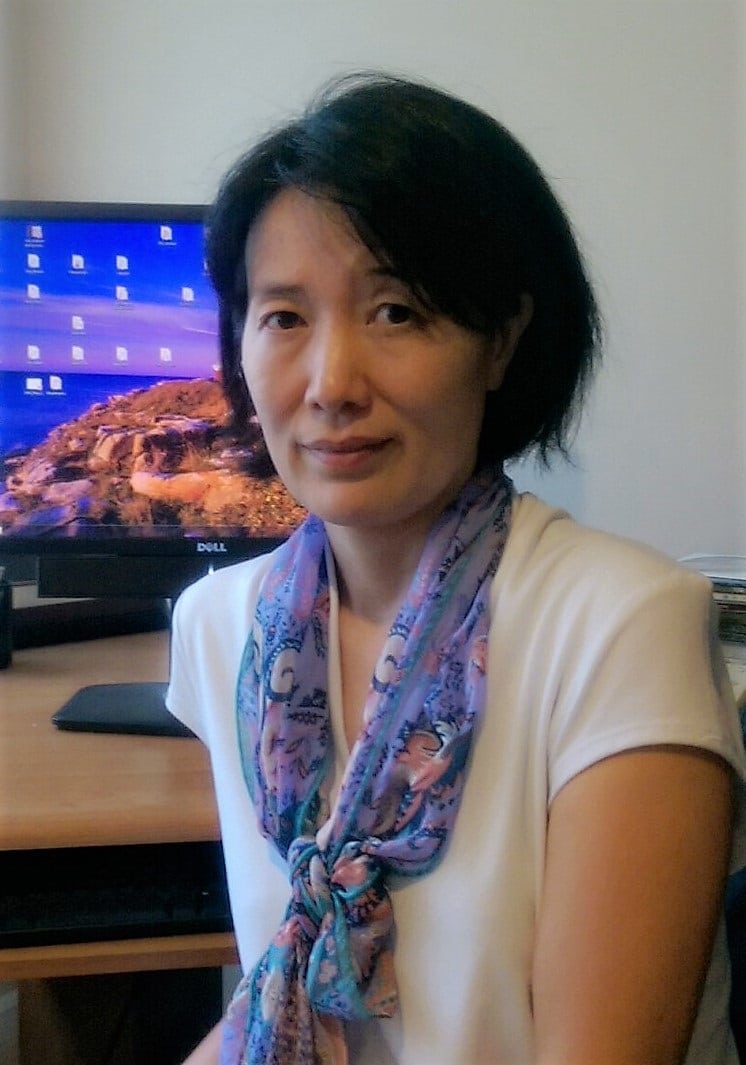
Joanne Wang
Professor, Department of Pharmaceutics; Affiliate Investigator, Fred Hutchinson Cancer Research Center
Department of Pharmaceutics, OPRU, Pharmaceutics Faculty, Plein Center in Geriatrics Faculty, School Faculty
Telephone: (206) 616-6561
Email: jowang@uw.edu
Office Location: Health Science Building Room H-272J Box 357610
Website: PubMed
Accepting Students to Lab: Yes
Education
- BS in Biochemistry, Peking University
- MS in Biochemistry, University of Illinois at Chicago
- PhD in Pharmaceutical Chemistry, University of California, San Francisco (UCSF)
Courses Taught
- PCEUT201
- PCEUT503
- PCEUT531
- MEDCH501
Research Interests
- Transporters (PMAT, OCTs, MATEs, OATs, OATPs, P-gp, Bcrp)
- Drug transport and disposition mechanisms
- Anticancer drug disposition and targeting
- Transporter-mediated drug-drug interactions and tissue toxicity
Biography
Dr. Wang is Professor of Pharmaceutics at the School of Pharmacy, University of Washington, Seattle. She obtained her PhD in Pharmaceutical Chemistry from the University of California at San Francisco (1998) and completed her postdoctoral training in the Depts. of Biopharmaceutical Sciences and Biochemistry at UCSF (1998-2000).
Dr. Wang’s research is focused on solute carrier (SLC) and ATP-binding cassette (ABC) transporters that shuttle drugs, nutrients, neurotransmitters, and hormones across cell membranes. Her research interests include elucidating the mechanisms and clinical impact of transporters in drug disposition and response, and their potential as drug targets. Dr. Wang currently serves as an Associate Editor for Pharmacological Reviews and is on the editorial advisory boards of Molecular Pharmacology, Drug Metabolism and Disposition, and Biopharmaceutics and Drug Disposition. She is a Past-Chair for the Division of Drug Metabolism and Disposition of the American Society of Pharmacology and Experimental Therapeutics (ASPET).